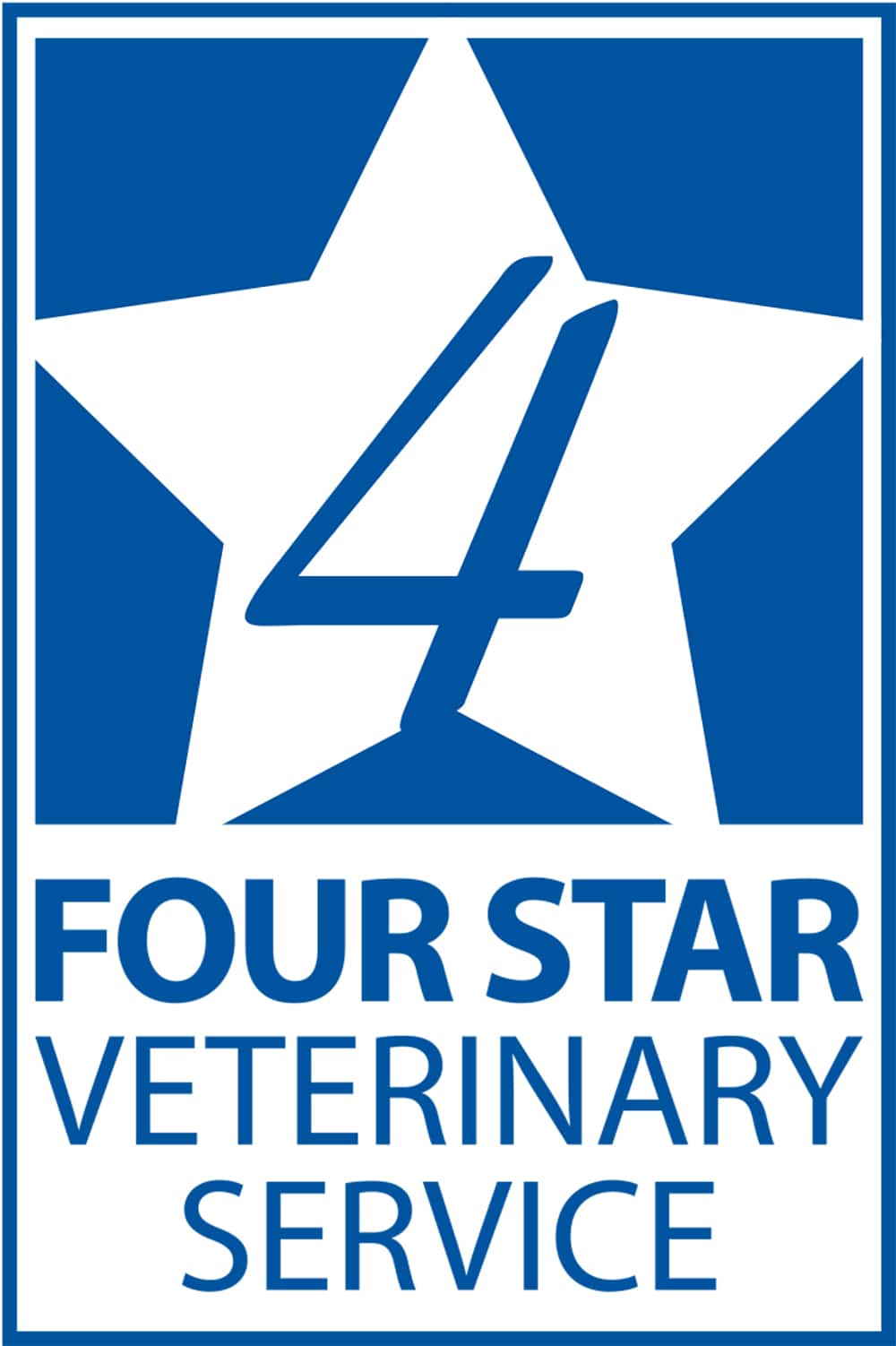
A resurgence of the F18 strain of Escherichia coli (E. coli) in weaned pigs on a growing number of hog farms is causing a rise in mortality and a reduction in performance, according to Doug Powers, DVM, Four Star Veterinary Service.
“We used to have the F18 E. coli or edema disease a long time ago,” Powers related. “With the work of veterinarians and nutritionists, we eliminated a lot of it. So it’s remarkable that we’ve seen an increase starting in 2020. And in 2021, we’ve seen a huge uptick in the F18 E. coli.”
Powers has seen some farms experience 30% nursery mortality during an F18 E. coli outbreak. In less serious cases, morbidity can reach 60% to 75% of the animals and reduce average daily gain and feed efficiency. In addition, the immune response of affected pigs to vaccines administered in the nursery phase may not be as good as expected.
Why the increase in F18?
“We still are not certain why the increase, but part of it is we are using less antibiotics in sow herds,” Powers said.
“The other thing is we’ve seen a high divergence of genetic terminal stock to Duroc,” he continued. “It appears from research that Duroc-sired animals have four times the amount of receptors available to attach to E. coli than other sire lines. It makes them more susceptible to E. coli.”
Another piece of the puzzle is what other bacteria disrupt the gut and “opens the door for E. coli to become so severe,” Powers added. “We are finding ileitis and Salmonella in both the sows and pigs.”
After working with clients battling the F18 E. coli, Powers explained the steps they took to mitigate the effects of the bacteria in some herds.
Address sow bacterial loads
Powers first looked at the sow herd to determine the bacterial loads and how to halt the infections. “One way is to do a strategic antibiotic pulse to the sows to try lowering that infection rate,” he said.
“We also looked at products like zinc oxide to reduce bacterial loads,” he said. “We’ve had really good success with zinc oxide.”
Next they determined any co-infections in the pigs and discovered Salmonella was usually present and helped allow E. coli to become established.
His choice was to vaccinate pigs with a Salmonella vaccine just prior to or right at weaning instead of vaccinating for the F18 E. coli strain.
“The Salmonella vaccine helps prevent the binding of E. coli to those receptor sites because the Salmonella takes up those spots instead,” he explained. “So if we vacinate for Salmonella, we are getting benefits against E. coli as well. This has reduced the E. coli infections dramatically.”
Attention to the diet
Powers said they also worked closely with nutritionists at all the farms to modify pig diets and lessen the impact of E. coli.
“We can modify diets in the early phase right after weaning to have higher-fiber, lower-energy diets that are not so reactive to the pig’s gut,” he expained. “We try to improve the overall health of the gut to prevent the E. coli from binding to the receptors.”
They also are trying new products called endotoxin binders. These can help prevent E. coli from being absorbed by pigs.
Powers has seen significant improvements in a majority of the herds experiencing F18 outbreaks when they’ve taken these steps.
Watch for problems
But things can quickly go wrong if other issues occur to delay feed delivery to the newly weaned pigs, or the wrong feed is put into the feed bins and then fed to the pigs.
“It’s important to work with producers to reduce problems like out of feed, the feed mill can’t deliver, labor issues, or the motor on the feed bin quit,” Powers said.
“If pigs go without feed for 12 hours or more, we will see an increase in intestinal issues,” he added. “Those pigs have to have feed and water in front of them in a good environment.”
